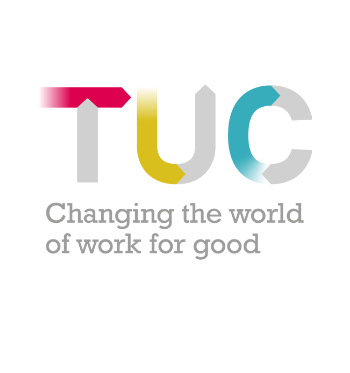We need to put an end to zero-hours contracts
That is why the TUC have been leading calls alongside trade unions such as Unison, Unite and GMB to ban zero-hours contracts.
Don’t just take my word for it, Julian Richer the founder of electronics company Richer Sounds who called zero-hours “evil” in January this year exposing the deep divisions even within the private sector over the use of the controversial ‘contracts’.
The refrain you often hear is that zero-hours contracts provide flexibility to workers looking for more casual arrangement such as students.
But far too often this is a one-sided flexibility when the employer decides when and where they want someone to work. And the worker must agree or risk shifts drying up. Zero-hours workers are supposed to get statutory annual leave and the National Minimum Wage, but they’re often denied these basic entitlements and have no legal right to sick pay.
There is also little evidence that people are actively choosing to opt for a zero-hour contract over other forms of work with many saying that they have no other choice as a zero-hour contract is the only option available to them.
This is further borne out by research conducted by the TUC who asked a cohort of workers on zero-hours contracts if they would opt for a full time or part time contract if offered. A staggering 90% said they would highlighting the nascent demand there is for more secure employment.
That is why the TUC have been leading calls alongside trade unions such as Unison, Unite and GMB to ban zero-hours contracts.
Don’t just take my word for it, Julian Richer the founder of electronics company Richer Sounds who called zero-hours “evil” in January this year exposing the deep divisions even within the private sector over the use of the controversial ‘contracts’.
The refrain you often hear is that zero-hours contracts provide flexibility to workers looking for more casual arrangement such as students.
But far too often this is a one-sided flexibility when the employer decides when and where they want someone to work. And the worker must agree or risk shifts drying up. Zero-hours workers are supposed to get statutory annual leave and the National Minimum Wage, but they’re often denied these basic entitlements and have no legal right to sick pay.
There is also little evidence that people are actively choosing to opt for a zero-hour contract over other forms of work with many saying that they have no other choice as a zero-hour contract is the only option available to them.
This is further borne out by research conducted by the TUC who asked a cohort of workers on zero-hours contracts if they would opt for a full time or part time contract if offered. A staggering 90% said they would highlighting the nascent demand there is for more secure employment.
Can we blame the 9 in 10 workers who say they want more secure employment? We live in a rapidly changing world in a country where average living standards have declined or remained flat for the best part of a decade a little bit of security is not a lot to ask from employers.
That is why the TUC have called for immediate action to ban the use of zero-hours contract and it isn’t a pipe dream. A quick glance across the Irish sea and you find a successful campaign spearheaded by trade union to ban the use of zero-hours contracts including the right to compensation if an employee is sent home without being given any hours.
Ultimately when workers and families do well our economy does well. Until the moment we stamp out insecure work and build a firm foundation for families and individuals to build a life from it is my belief that austerity will not truly be over.
Stay Updated
Want to hear about our latest news and blogs?
Sign up now to get it straight to your inbox


